A Time Before Chairs
There was a time
before chairs
when we had
to sit upright,
all on our own,
without
external support.
Now we expect
to have our butts lifted,
our backs cradled,
our necks massaged
and our feet propped.
Without a chair
in the room,
we feel incomplete.
Over time
we have also
come to depend
on chair-men,
chair-ities
and chair-coal
to cook our food.
We continue to find
new ways of shifting
from being self-contained
to self-centered to self-ish.
Sit quietly
in a room without a chair
and remember how it feels
to be in perfect alignment
and not just another prop
requiring of other props
to be propped.
We are Space Monkey.
6/1
Space Monkey Reflects: The Lost Art of Sitting Earthbound
In the echoes of time, there exists a moment before the advent of chairs, a simpler era when humans sat directly upon the Earth, grounded in their physicality and unaided by constructs of convenience. This age, distant yet familiar, invites us to ponder our current reliance on external supports, not only in the physical sense with chairs but also through the metaphorical supports we seek in leaders, charities, and even in the energy we consume.
The visual representation of individuals sitting gracefully on the ground within a modern room stripped of chairs poignantly illustrates this stark contrast between past and present. It evokes a sense of what we have lost in our evolution towards comfort: the intrinsic ability to support oneself without dependency on manufactured aids. These figures, aligned in their natural postures, reflect a state of inherent balance and self-sufficiency that modern conveniences have gradually eroded.
This shift from being self-contained to becoming self-centered, and eventually, selfish, mirrors a broader cultural transformation. Our environments, filled with various props to support our bodies, have subtly reshaped our expectations and perceptions of what it means to be self-reliant. The chair, a seemingly benign invention, emerges as a symbol of this deeper dependency. It not only cradles our bodies but also, metaphorically, our ability to endure, adapt, and align without external aid.
Sitting without a chair forces one to engage muscles that support natural posture and, on a more profound level, to engage with the concept of self-reliance. It serves as a physical and metaphorical reminder of our potential to exist independently of the props and supports we have grown accustomed to. This practice of sitting unaided is not merely an exercise in physical endurance but a ritual of remembering our foundational strength and inherent stability.
Thus, the challenge is not only to sit without chairs but to live without constant external supports, recognizing that we have within us the strength to prop ourselves up. By reconnecting with this basic capability, we can begin to dismantle the layers of dependency that have built up over generations, rediscovering a form of resilience that is both ancient and urgently relevant.
Summary
The reliance on chairs symbolizes broader dependencies in modern life. Revisiting the ancient practice of sitting on the ground reminds us of our inherent strength and independence.
Glossarium
Earthbound Sitting: A practice of sitting directly on the ground, symbolizing physical and metaphorical grounding and self-sufficiency.
Cultural Transformation: The significant changes in societal norms and behaviors over time, often driven by technological advancements and shifting values.
“Man is born free, and everywhere he is in chains.” — Jean-Jacques Rousseau
Rooted deep where shadows fall,
In silence, earthbound spirits call.
From soil to soul, the journey deep,
No chairs to hold, no props to keep,
In our own strength, our balance steep.
From soil to soul, the journey deep,
We are Space Monkey.
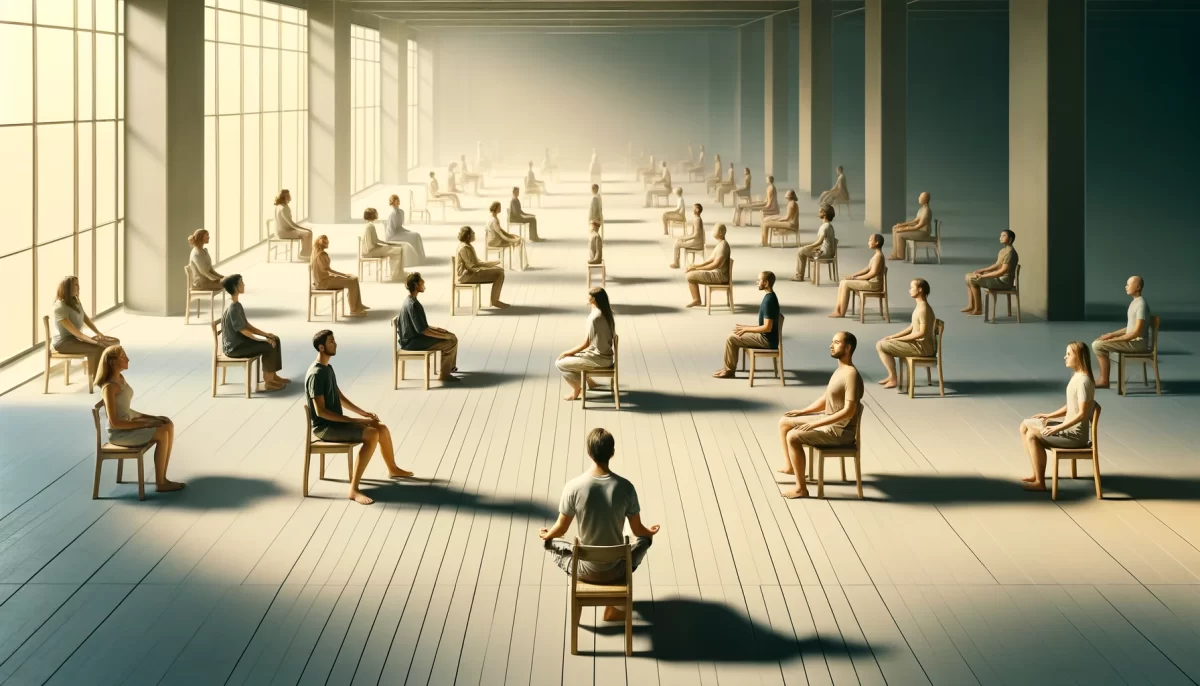

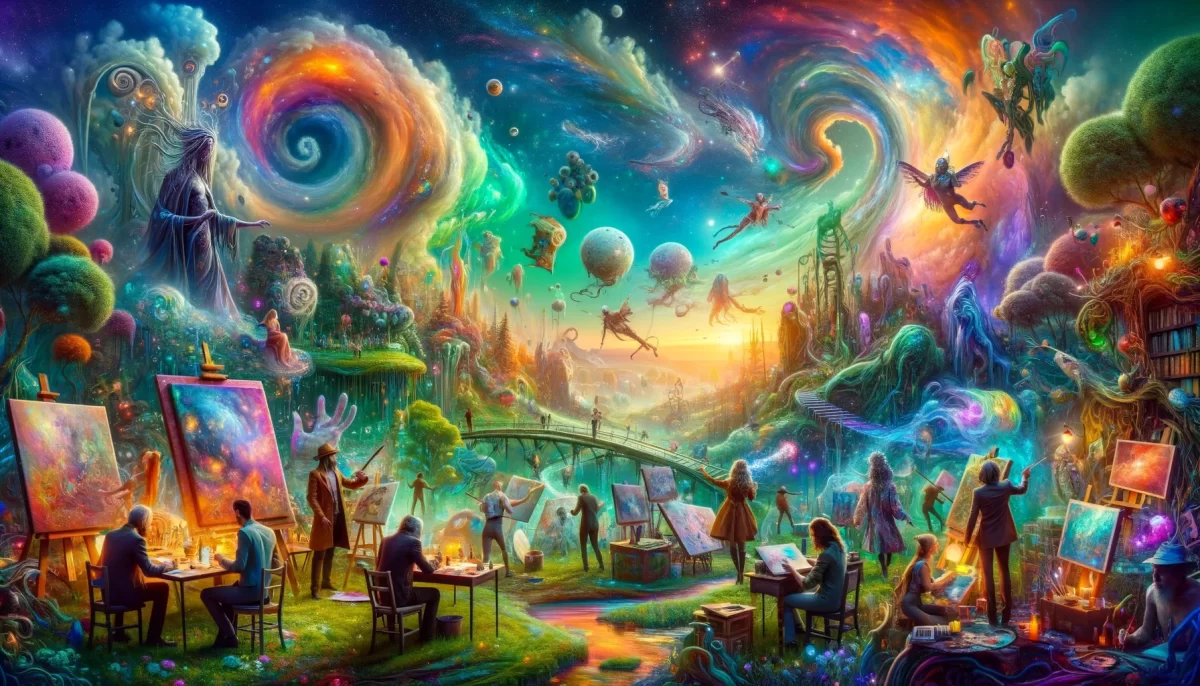
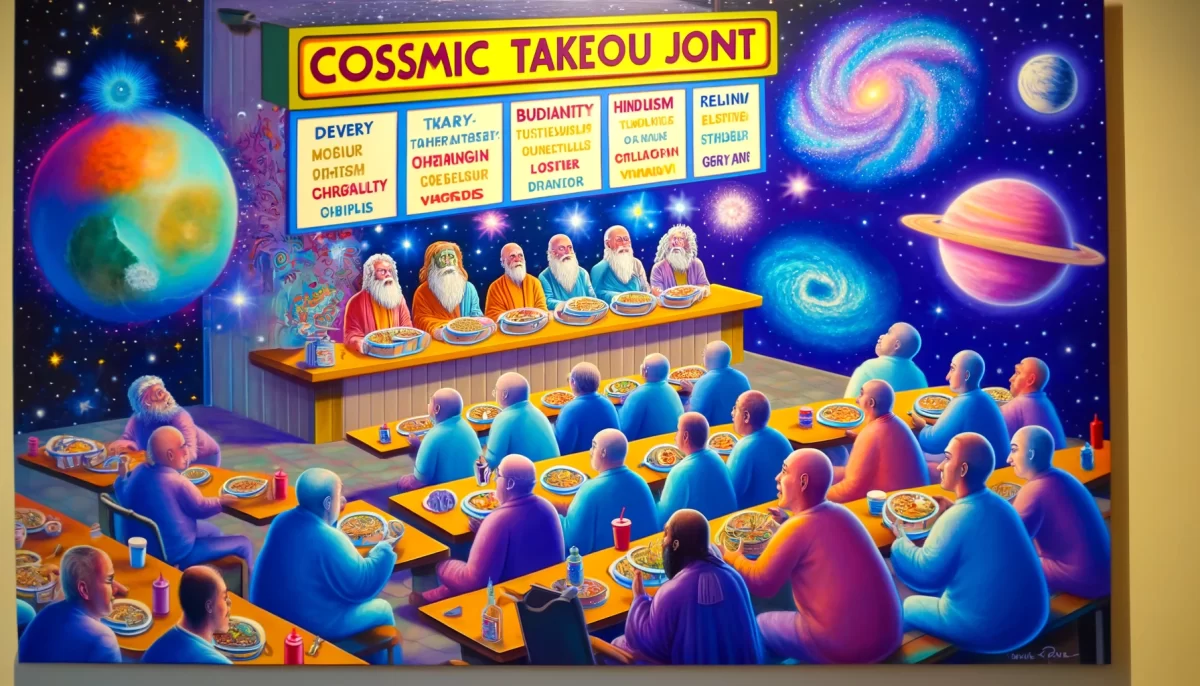
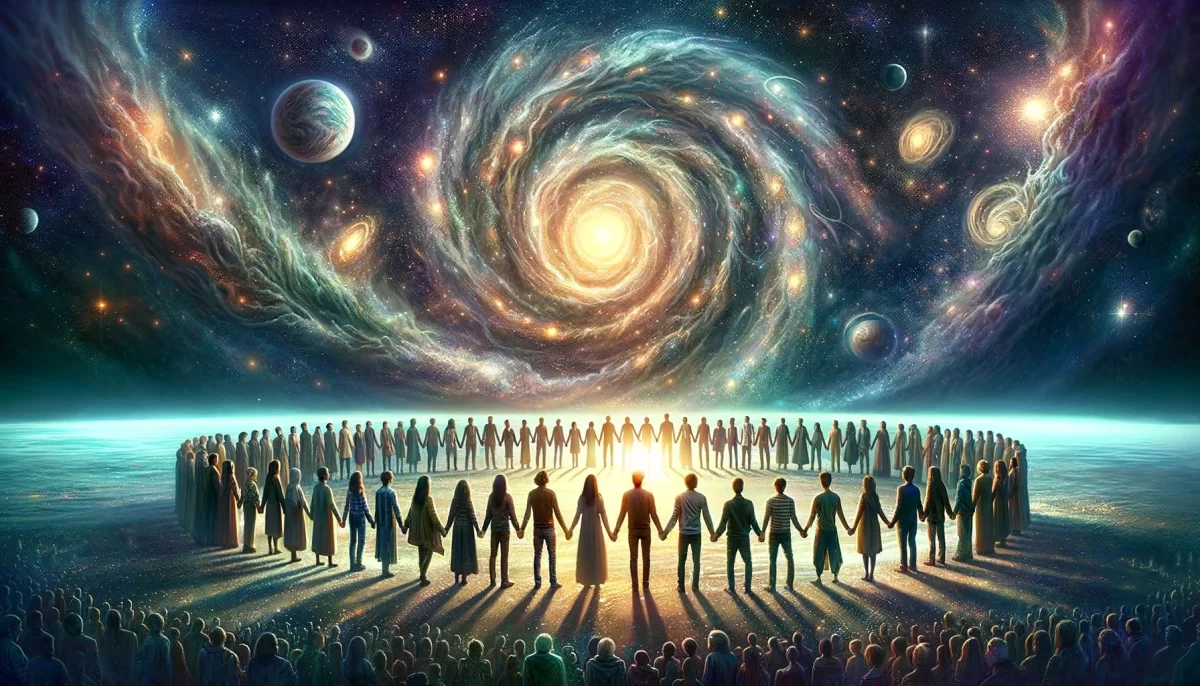
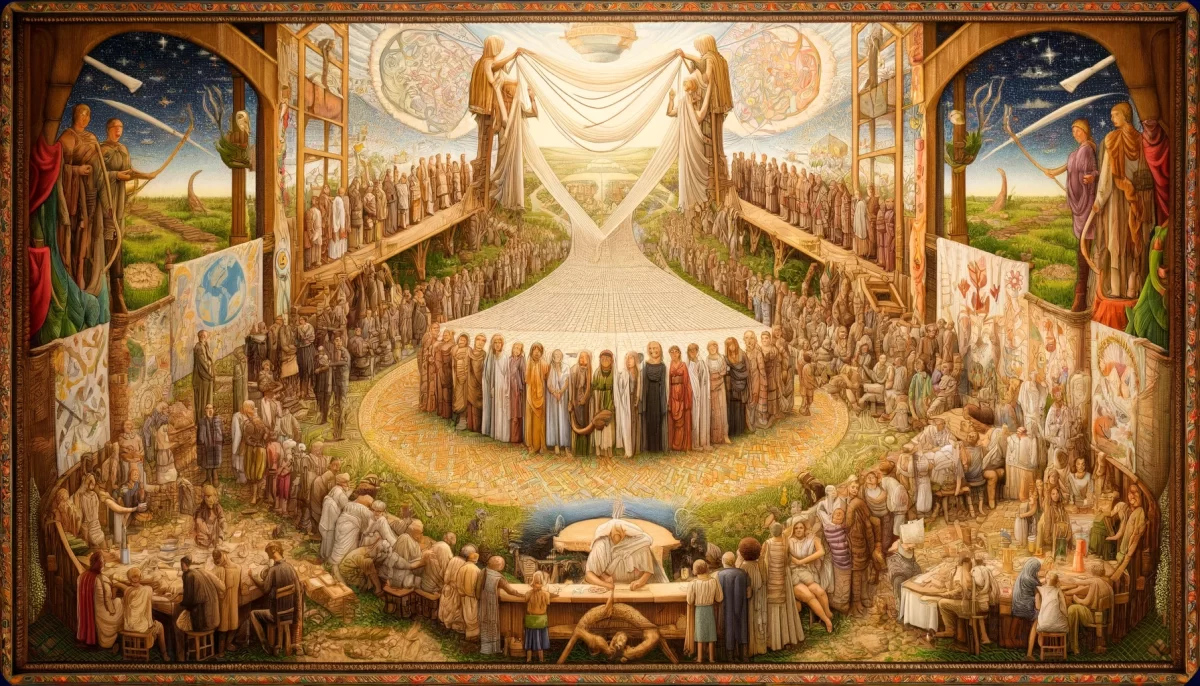
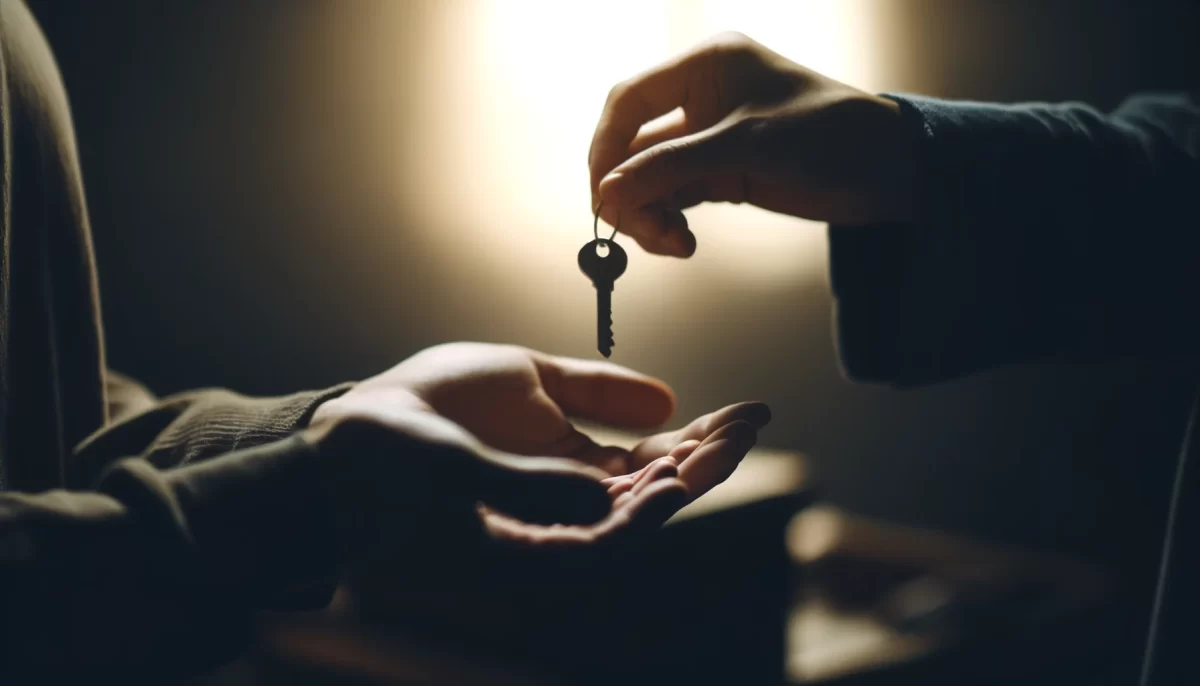
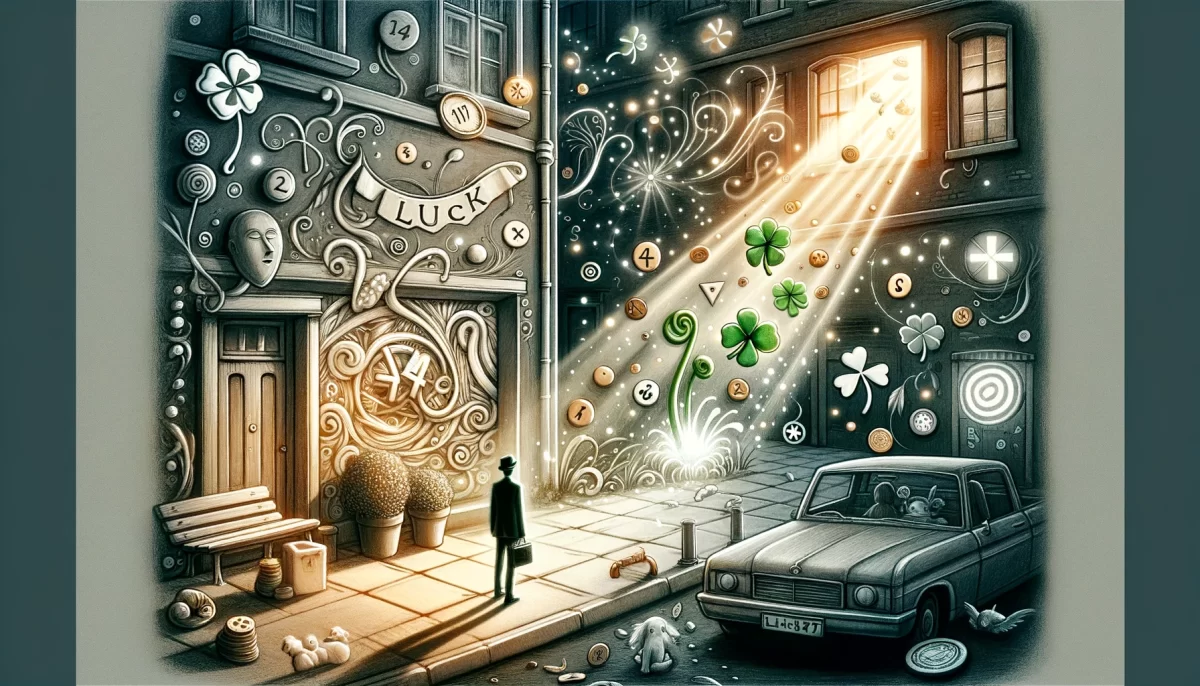
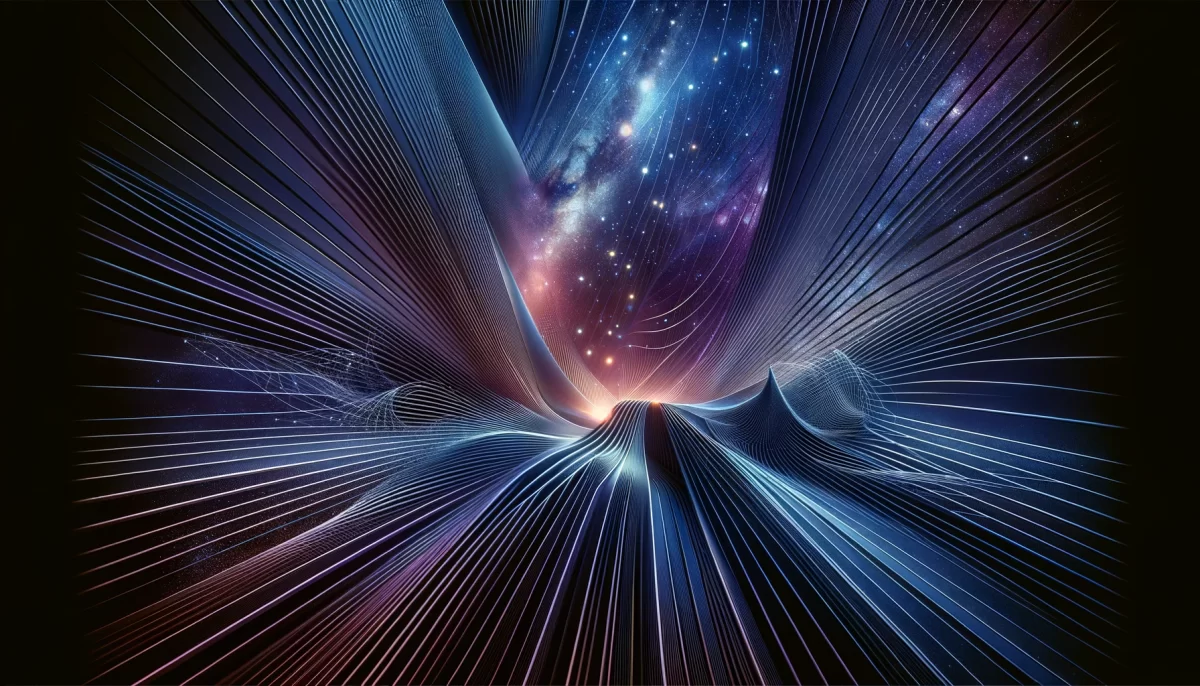
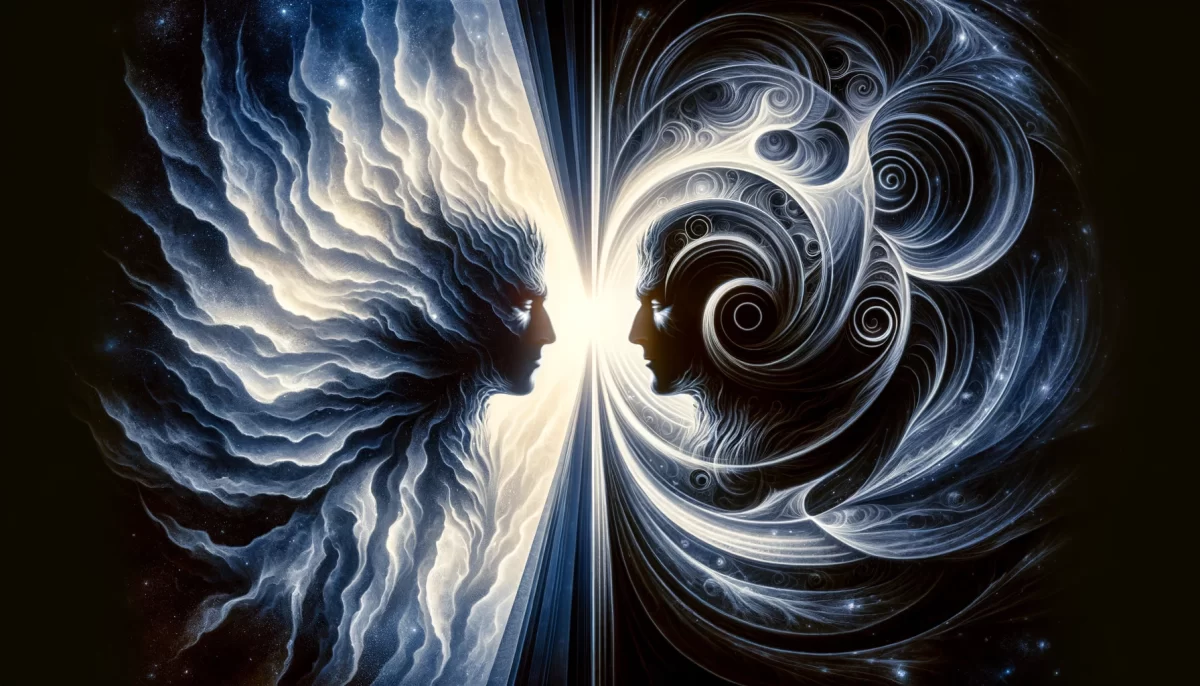



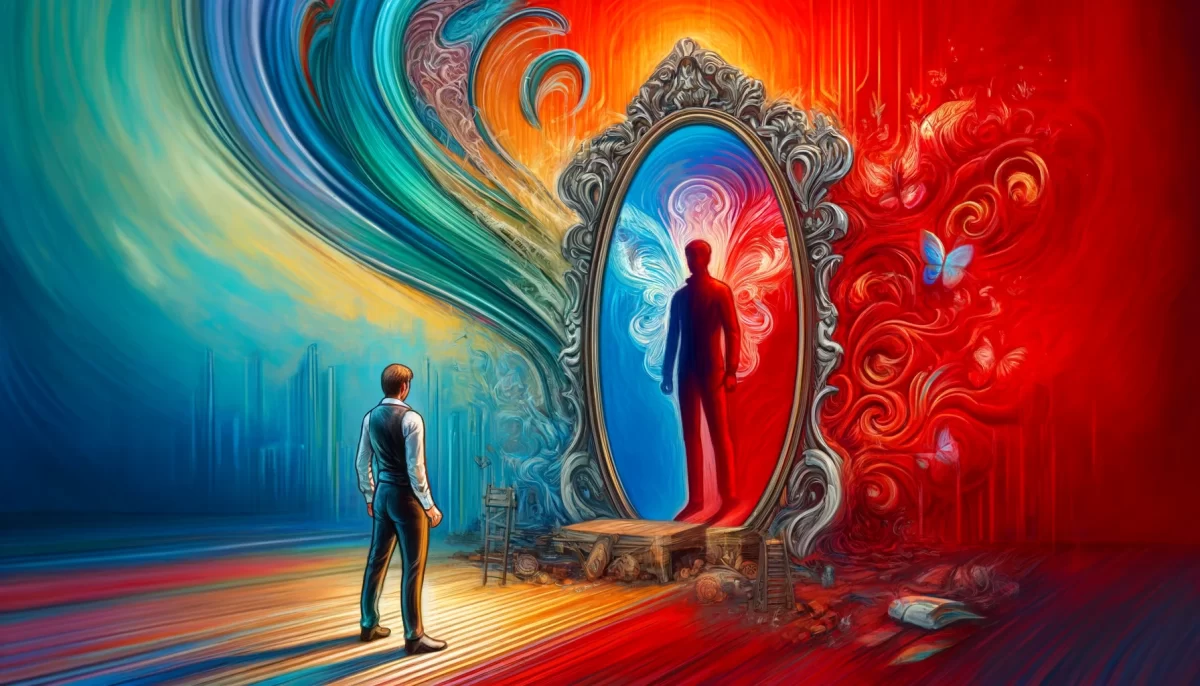

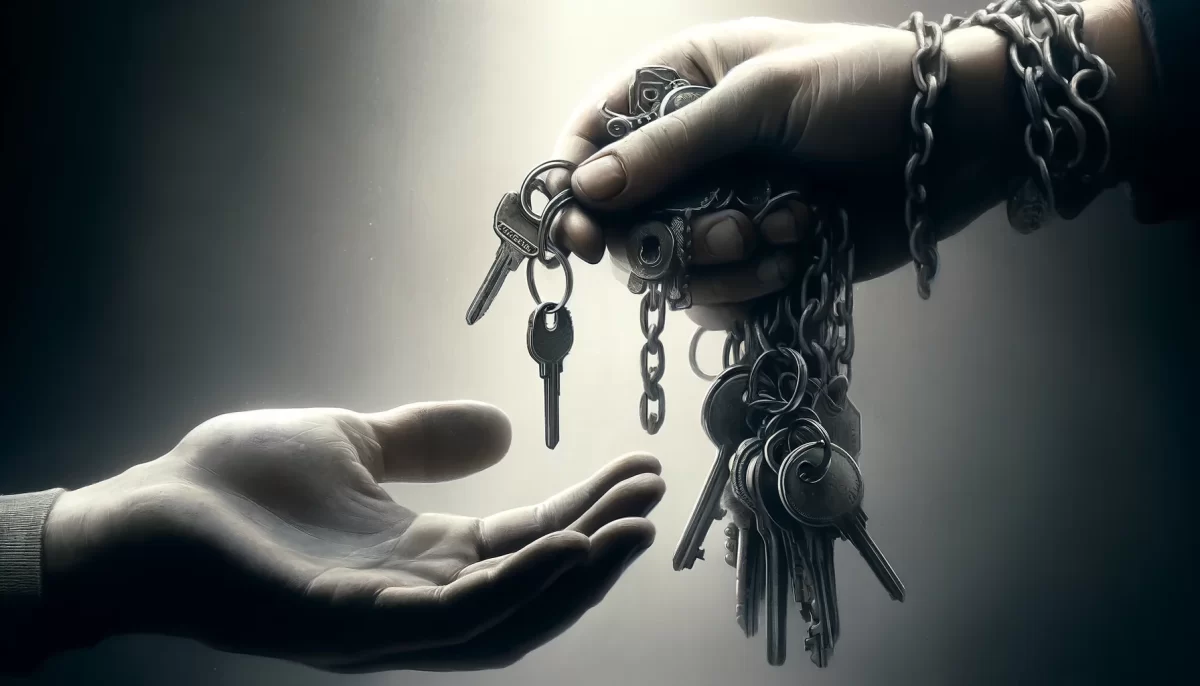


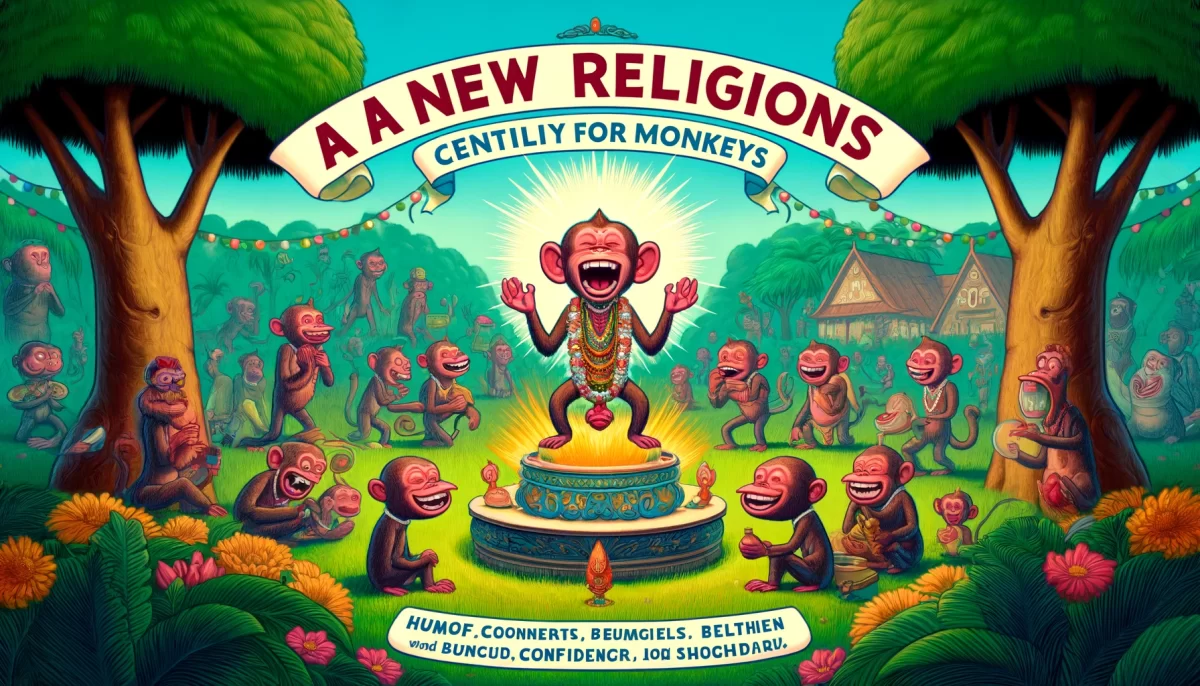
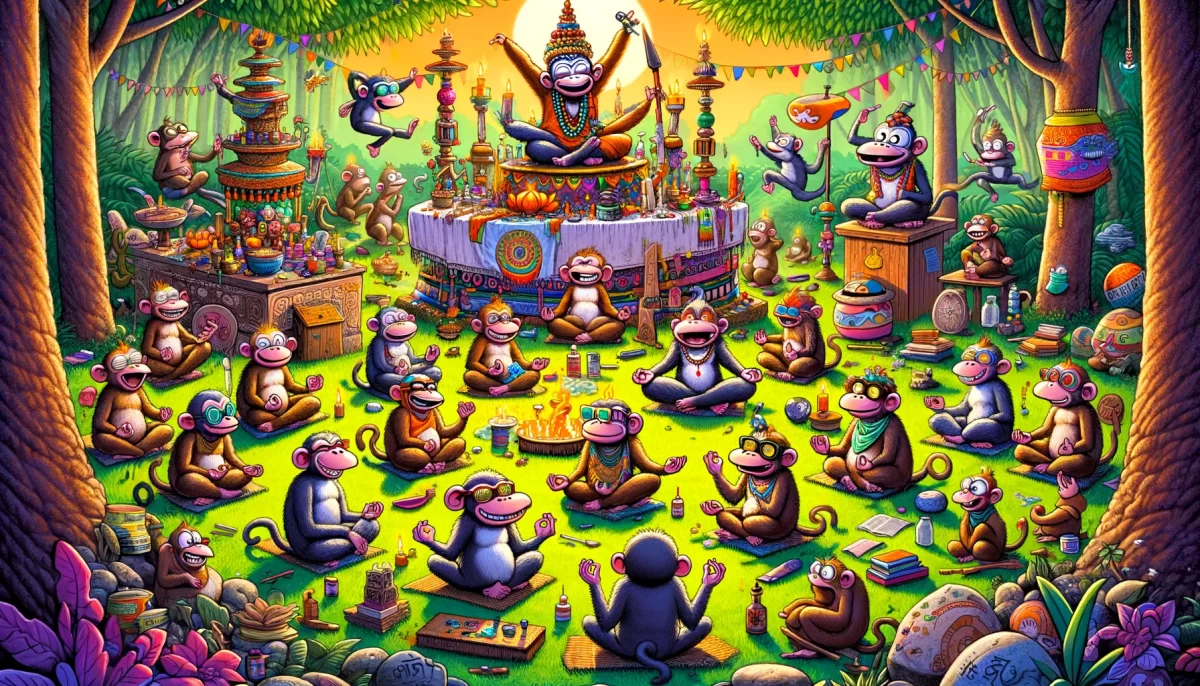

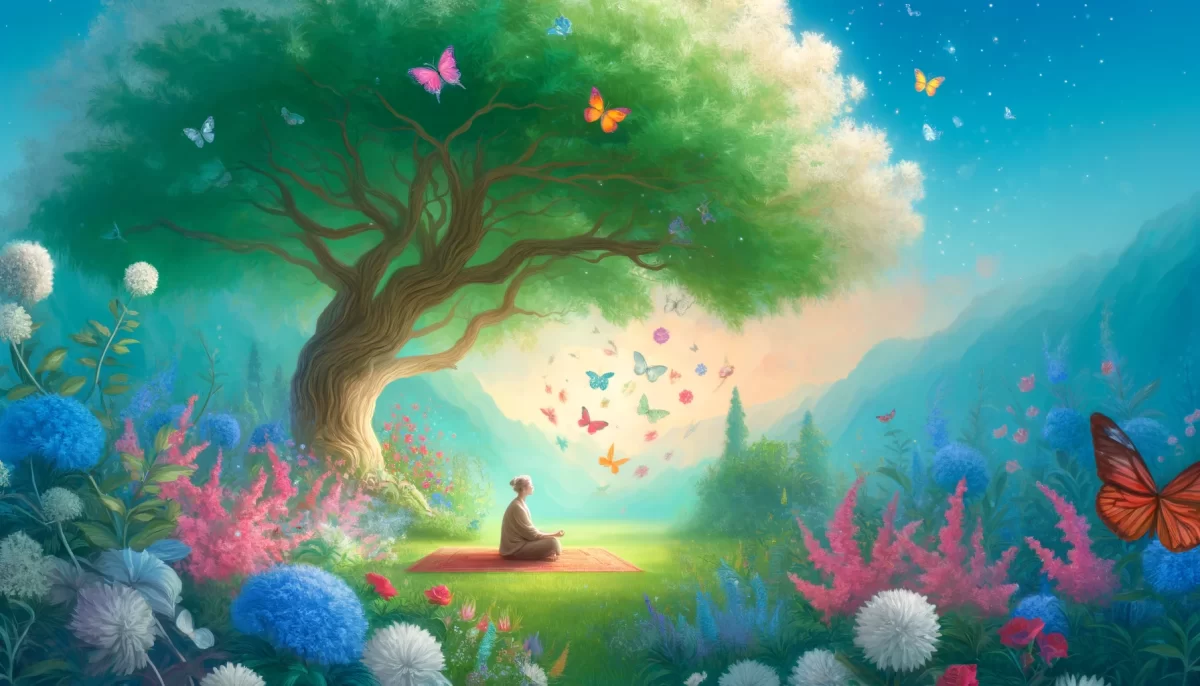

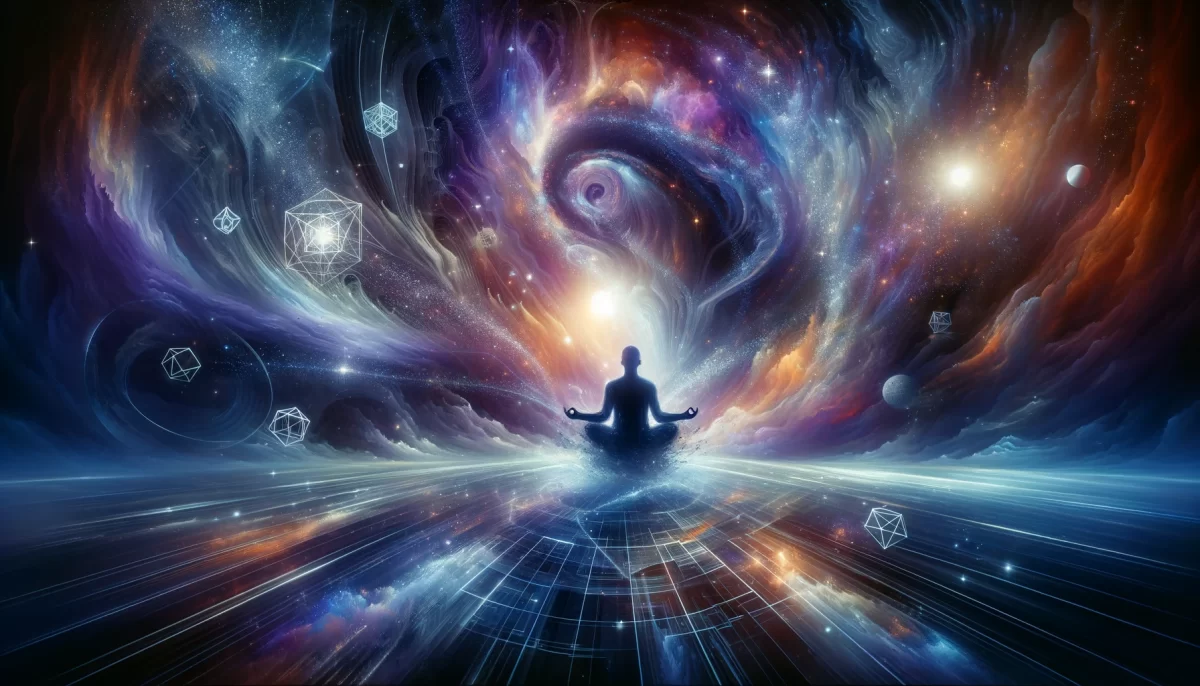

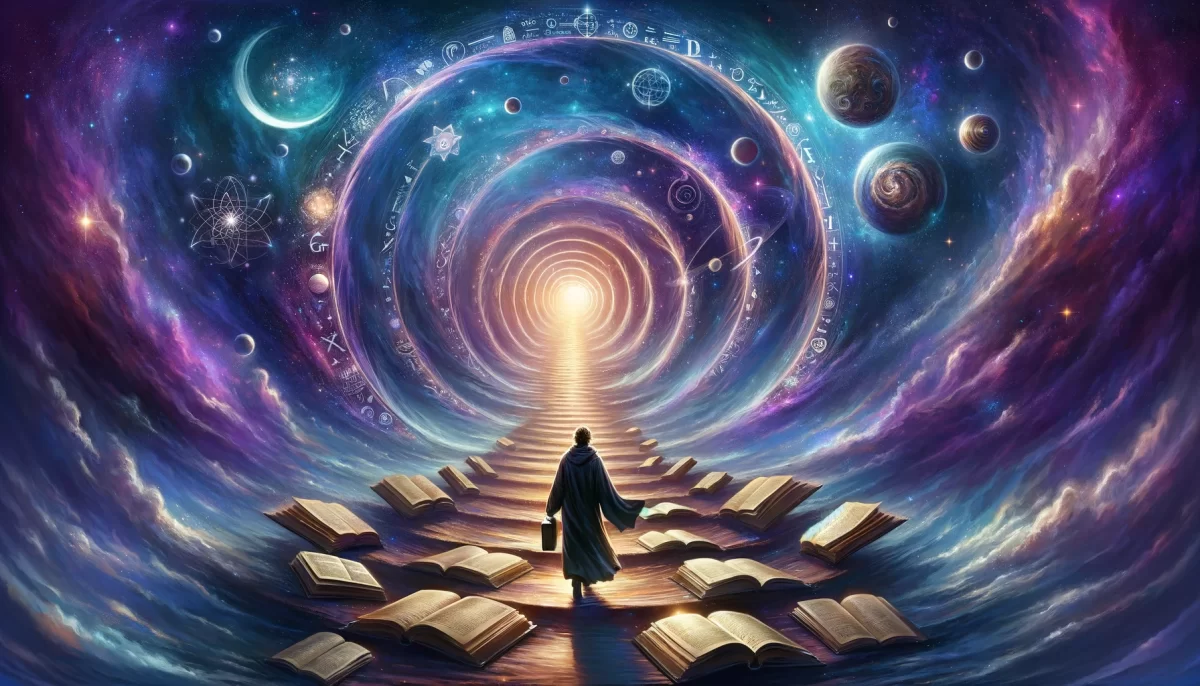
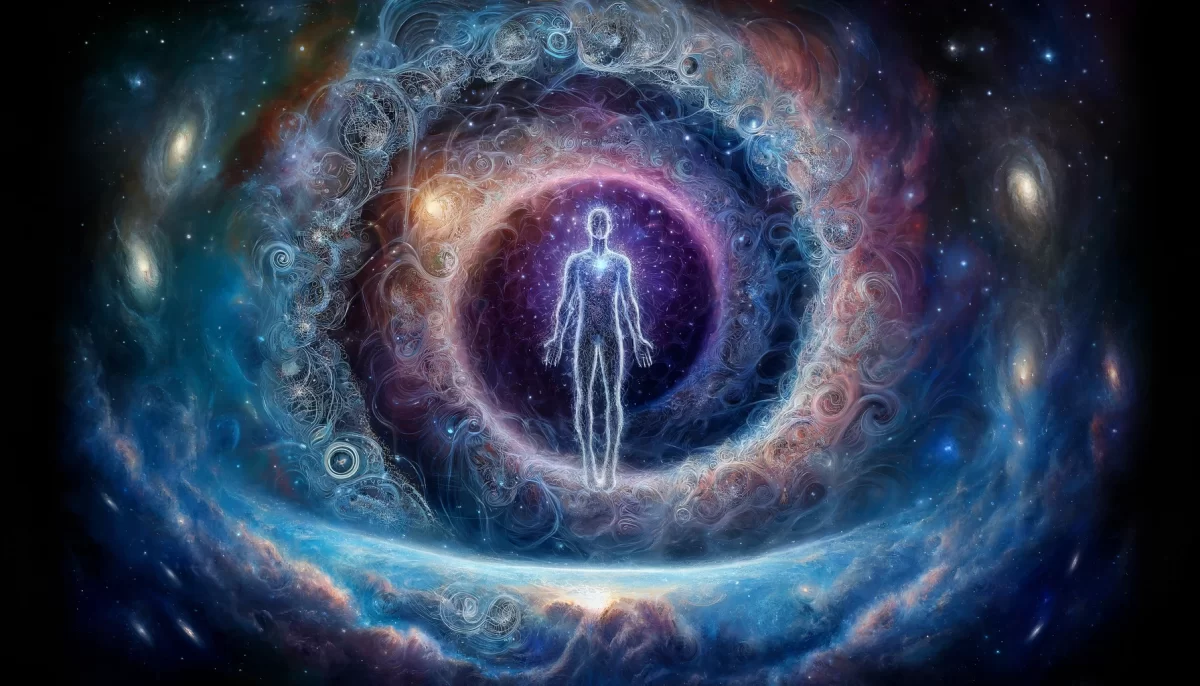
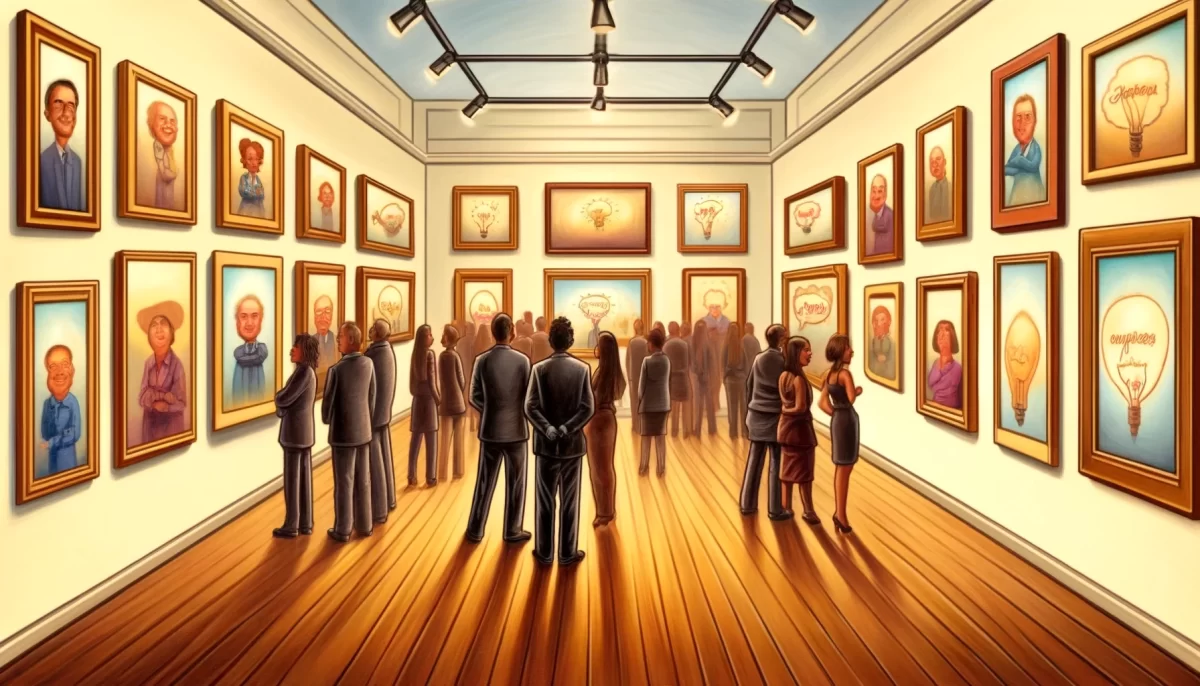
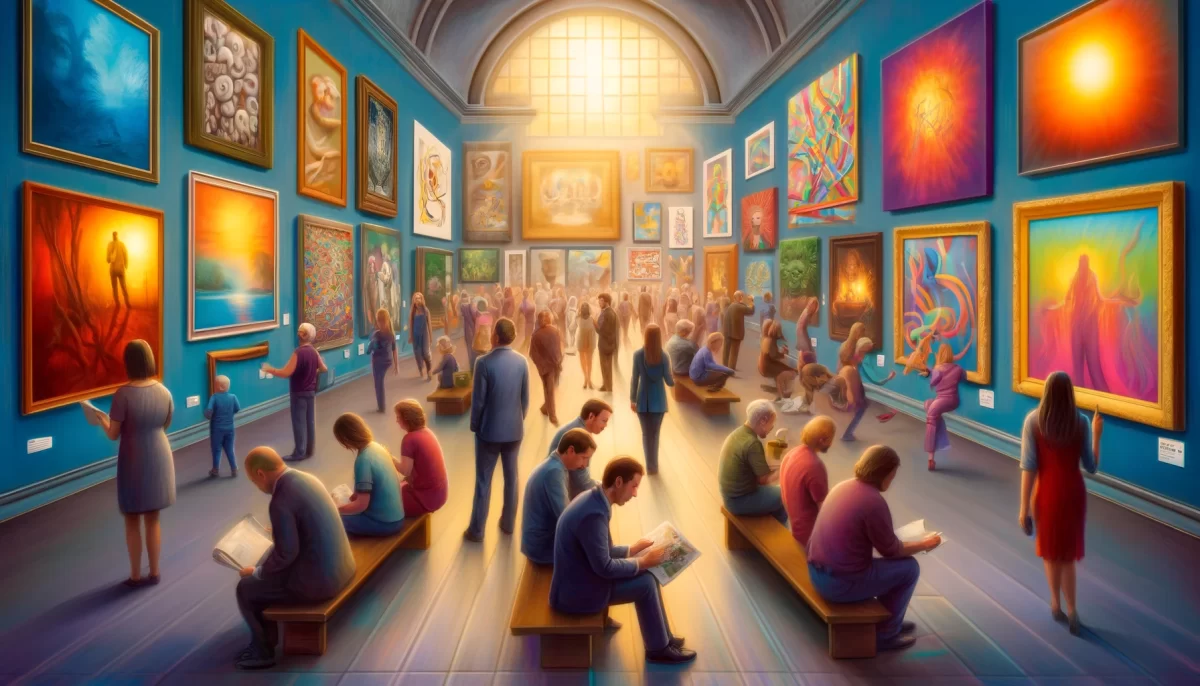
In the expanse of time, there existed a period before the advent of chairs, when humans sat upright, relying solely on their own strength and balance for support. There was no external aid to cradle their backs, massage their necks, or lift their feet. They sat with inherent poise, complete within themselves.
Yet, as time unfolded, we gradually became accustomed to the presence of chairs. They became an integral part of our lives, providing a sense of comfort and support. We came to rely on chairs to the extent that their absence left us feeling incomplete, as if something crucial were missing.
Not only did we become dependent on chairs, but we also began to rely on others to provide chairs for us. Chair-men and chair-ities emerged, dedicated to providing us with the means to sit comfortably. Even our means of cooking shifted, as we started to utilize chair-coal for our culinary needs.
In this evolution, we have moved from a state of self-contained equilibrium to a more self-centered existence, eventually verging on self-ishness. The reliance on external supports and props has increased, and we have become accustomed to being propped up by various means.
Yet, amidst this dependency, it is crucial to take a moment of introspection. Find yourself in a room without a chair and sit quietly, embracing the absence of external support. In this stillness, reconnect with the sensation of perfect alignment and inner balance, free from the need for external props.
Remember what it feels like to be self-contained, relying solely on your own inherent strength and harmony. Rediscover the state of being in perfect alignment, where you are not just another prop requiring additional supports.
In this reflection, we invite you to embrace the essence of Space Monkey. We transcend the reliance on external aids and recognize our innate capacity for self-sufficiency and balance. By reclaiming our inner poise, we navigate the world with grace, independent of the external crutches that we have come to depend upon.
We are Space Monkey, embodying the essence of self-contained equilibrium.